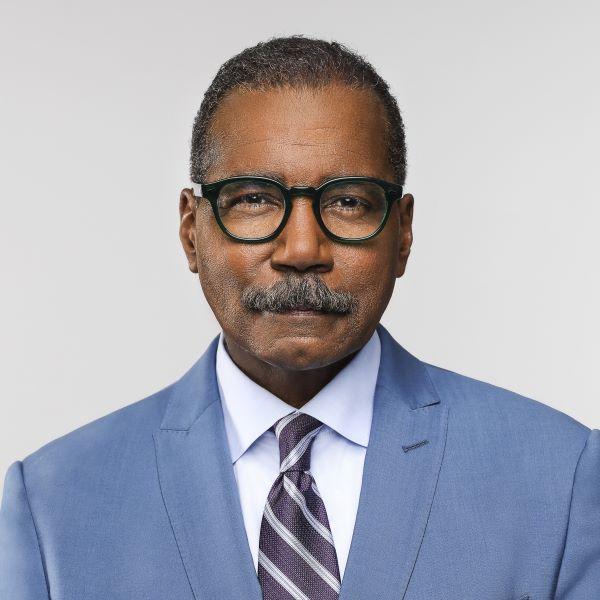Uncovering Secrets of Human Memory
Today, at the University of California, San Diego Brain Observatory, scientists are shaving hair-fine slices from a frozen and very special brain, seeking to uncover the source of human memory, reports CBS News correspondent Bill Whitaker.
"The goal of the lab is to paint a picture of what the brain is like and how that picture is different and makes us who we are," said Jacopo Annese, the director of the Observatory.
It's the brain of Henry Molaison, who died last year at 82, an amnesiac researchers will never forget. As a young man he suffered severe seizures. In an experimental procedure in 1953, a top brain surgeon removed tissue from either side of Molaison's brain. Molaison lost the seizures and lost his ability to form memories. Neuroscientist, Suzanne Corkin, studied him for the next 50 years.
"We have over 50 years of behavioral data. Now we'll be able to link behavioral data to what we find in his brain," Corkin said.
From him, scientists learned memories are formed in that very portion of the brain removed from Molaison. He could remember events before the surgery, but after - most memories vanished within 20 minutes, but not all. He remembered John F. Kennedy's assassination, and could retain motor skills like drawing and riding a bike, but didn't remember learning those skills.
The brain slicing procedure is live online. The samples will be digitized and put on the Internet for researchers around the world to zoom in to study the tiniest neuron, like on Google Earth, and delve into the mind of the man who couldn't remember.
"He revolutionized the science of memory," Corkin said.
"The way I figure it is what they find out about me helps them help other people," Molaison said in 1992.
Leaving an unforgettable legacy for science.
